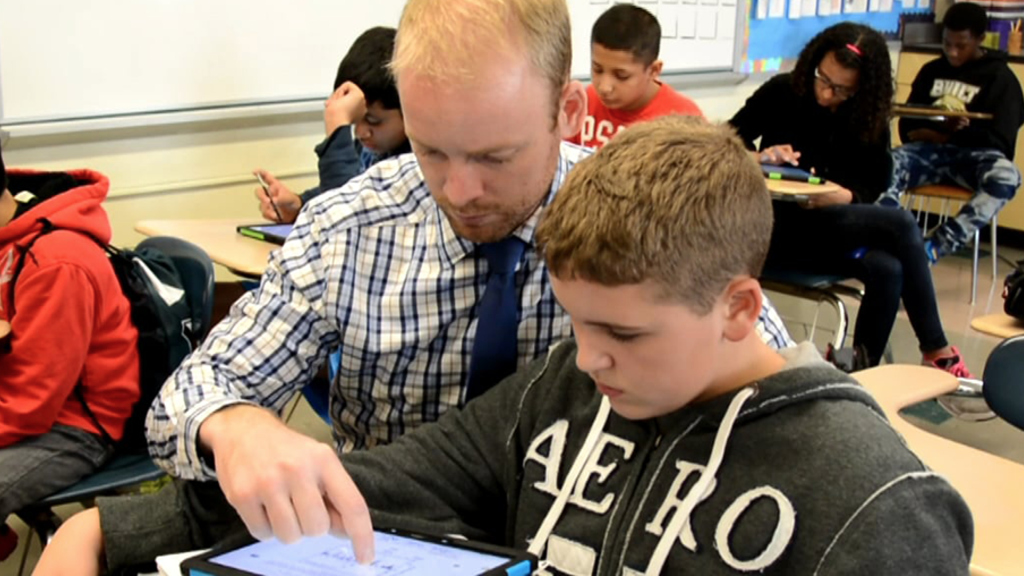universal screening

Reading Assessments and Their Purposes
Tuesday, September 24, 2024
Throughout the school year, your child’s teacher may use universal screeners, diagnostic assessments, progress monitoring, and more to gain a deeper understanding of how to best support your child’s literacy development.

Research Article of the Month: September 2024
Thursday, September 12, 2024
We summarize the findings of January & Klingbeil (2020)—a study that examines the validity of early reading CBMs in identifying at-risk students in Grades K–2.

Research Article of the Month: January 2024
Wednesday, January 31, 2024
Thomas & January (2021) investigate two universal screeners, MAP and STEP, and evaluate their ability to predict student performance on an end-of-the-year state assessment.

New IRRC Resource Provides Guidance on Responding to FastBridge Data
Wednesday, August 23, 2023
The Instructional Recommendations Tool: Responding to FastBridge Data and the associated eLearning module offer guidance to educators interpreting student screening scores.

Multi-Tiered System of Supports for Reading: The Intersection With Special Education
Tuesday, November 28, 2017
Learn how these supports of increasing intensity work for literacy education and why they are relevant to special education.

Waterloo CSD’s Hanna highlights universal screening as crucial to reading instruction
Tuesday, September 20, 2016
Universal screening allows for explicit and focused literacy instruction without assumptions, says Waterloo Community School District's Darren Hanna.
What is Universal Screening, and How Can it Support Student Success?
Wednesday, January 6, 2016
An overview of universal screening for reading difficulties. What do assessments tell you? Why are all students tested? What are the differences between assessments? Includes info on FAST-CBM and FAST aReading.